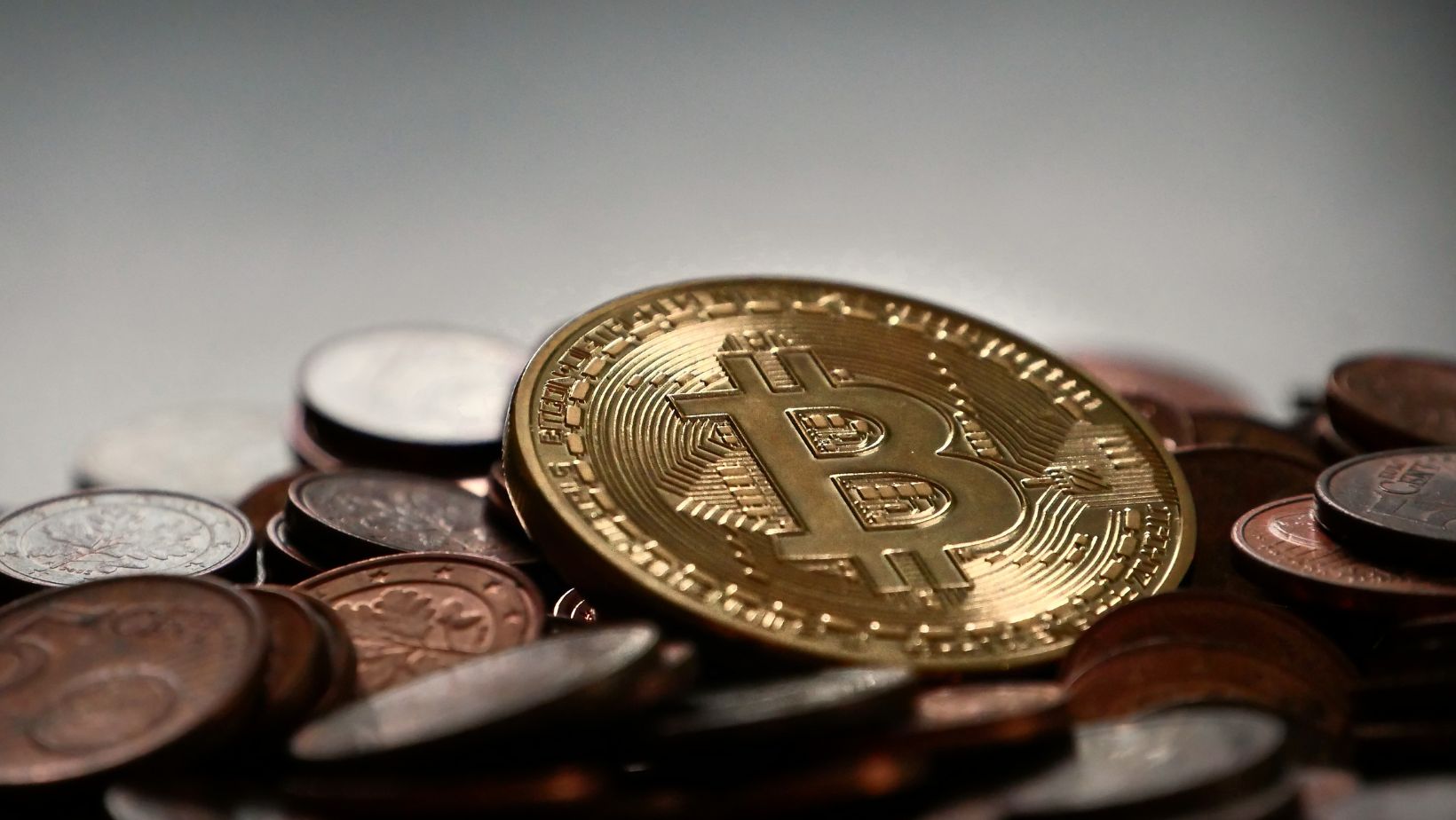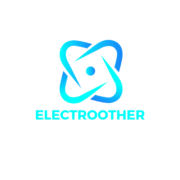Mastering DAO Tokenomics: Strategies for Success
Decentralized Autonomous Organizations (DAOs) are reshaping how communities collaborate, make decisions, and allocate resources. By eliminating centralized control, DAOs create a more democratic and transparent governance model. However, at the core of any DAO’s success lies a well-structured tokenomics model—one that incentivizes participation, ensures financial sustainability, and fosters long-term growth.
Effective tokenomics is more than just creating and distributing tokens; it requires a strategic approach that balances supply, demand, governance, and incentives. Without a solid foundation, DAOs risk stagnation, token devaluation, and a disengaged community. This guide will break down the key components of DAO tokenomics and provide real-world examples to illustrate how a carefully crafted economic model can drive success.
The fundamentals of DAO tokenomics
Token supply and demand
Striking the right balance between token supply and demand is critical. If too many tokens flood the market, inflation devalues them. Conversely, a limited supply can create scarcity, driving up prices. For instance, Proleague, an esports DAO, carefully structured its tokenomics to ensure sustainability. The project introduced demand mechanisms such as tournament participation fees and NFT minting charges while balancing supply through referee rewards and referral incentives. By implementing these strategies, Proleague maintained a dynamic ecosystem that encouraged active user engagement.
Token distribution
The way tokens are allocated among stakeholders affects the DAO’s overall success. Airdrops, token sales, and staking rewards are common distribution methods. For example, Mantra DAO, a DeFi platform, prioritizes staking rewards to incentivize validators and maintain network security. With a $1.32 billion market capitalization, its success showcases the importance of strategic token distribution.

Token utility
A token’s utility defines its real-world value. While some DAO tokens grant voting rights, others serve specific functions such as transaction fees, staking rewards, or governance participation. The broader the utility, the more attractive the token becomes to investors and community members. DAO services help identify the most effective use cases for tokens, ensuring their long-term viability.
Governance and Incentives: the backbone of DAO tokenomics
Governance voting
A fair and transparent governance model is essential for DAOs. Voting mechanisms should include quorum requirements, weighted voting, and clear proposal guidelines. By allowing token holders to influence decisions, DAOs foster a sense of ownership and accountability within their communities.
Incentive mechanisms
To encourage long-term participation, DAOs implement rewards such as staking bonuses, referral incentives, and governance rewards. Without these mechanisms, retaining community engagement can be challenging. Well-structured DAO development services provide guidance on optimizing incentive structures to maintain active involvement.
Overcoming Challenges in DAO Tokenomics
Despite the benefits, developing a sustainable tokenomics model comes with challenges. Token concentration, where a small group holds the majority of tokens, can lead to governance manipulation. Implementing vesting schedules, governance token caps, and fair launch mechanisms can prevent such issues. Additionally, regulatory compliance remains a major hurdle. DAOs must navigate evolving legal landscapes, ensuring adherence to securities laws and AML/KYC regulations.
Another significant challenge is balancing decentralization and efficiency. While full decentralization promotes fairness, it can slow down decision-making. Modular governance structures and delegated voting can strike a balance between autonomy and operational efficiency.
Final Thoughts
Successful DAO tokenomics is a mix of strategic planning, economic modeling, and community engagement. Without a solid framework, DAOs risk instability, disengagement, and financial failure. However, with well-planned DAO development services, organizations can build resilient economic structures that drive long-term growth. As blockchain technology continues to evolve, DAOs with robust tokenomics will lead the charge in shaping the future of decentralized governance.

